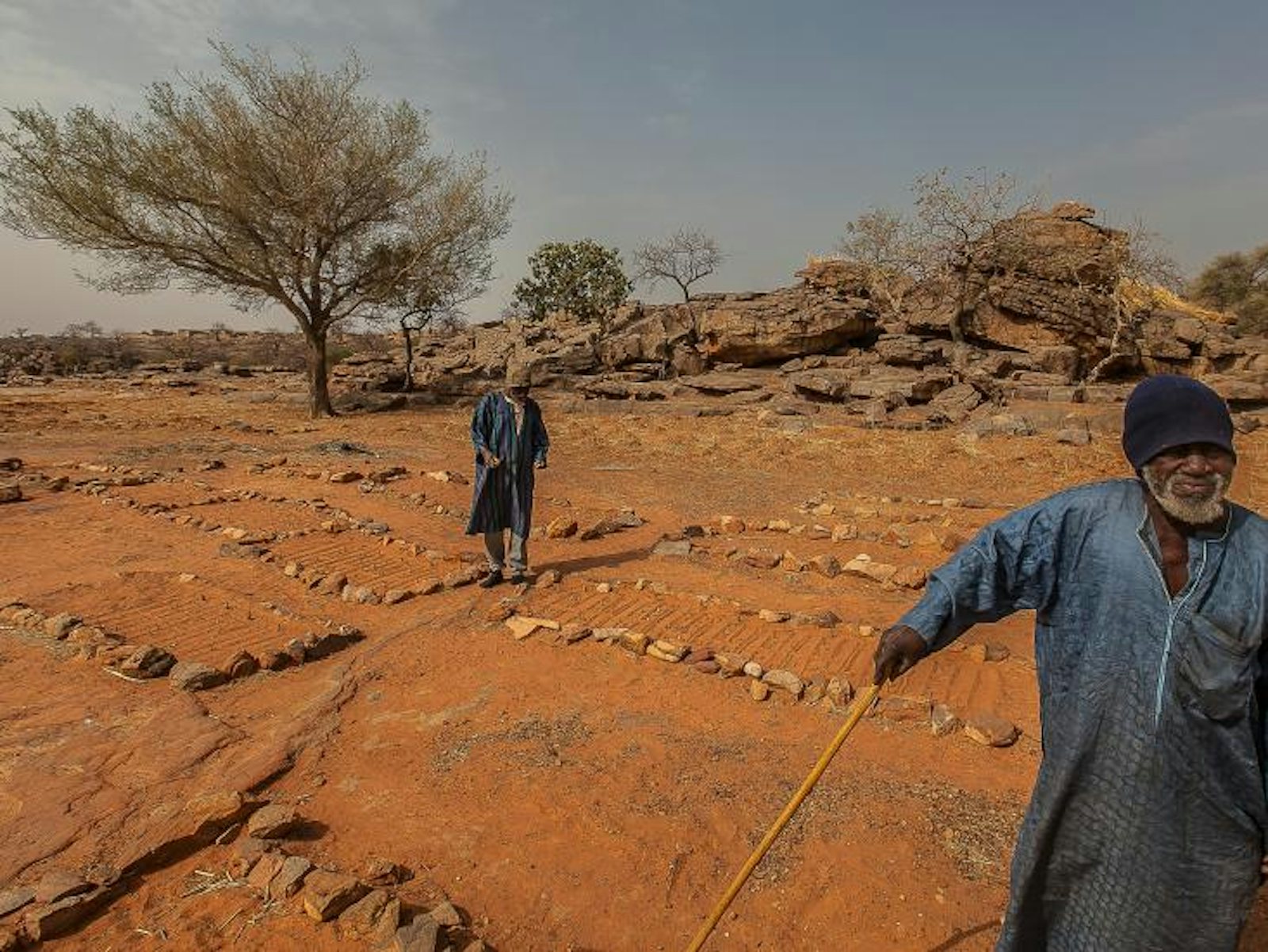The staunch atheist and essayist Christopher Hitchens once said that “the most overrated of the virtues is faith.” It’s a reasonable conclusion if you believe, as the astrophysicist Carl Sagan did, that “extraordinary claims require extraordinary evidence.”1 To believe something without evidence—or have faith—is, in their view, something to avoid (and, when called for, to mock).
Yet it was arguably faith—rather than reason—that had been instrumental to our ancestors’ survival. That’s just one of the many intriguing and paradoxical claims that Joseph Henrich, an evolutionary anthropologist at Harvard University, defends in his new book, The Secret of Our Success: How Culture Is Driving Human Evolution, Domesticating Our Species, and Making Us Smarter. His central thesis, reiterated confidently, is that natural selection—the mechanism of biological evolution—is not the “only process capable of creating complex adaptations.” Cultural evolution, he says, is quite capable of generating “complex adaptive products” essential to our survival, which no one designed or understood “before they emerged.”
Consider, for example, the art of hunting, a complex adaptive product that Henrich unpacks in a section titled “Divination and Game Theory.” To decide where to go looking for caribou, the hunters of the Naskapi tribe, in Labrador, Canada, would not do something most would consider common sense: Go to the spot where you last killed some. That tactic would be ineffective because the caribou know to avoid places where their comrades were last slayed. Of course, the Naskapi don’t realize this; the reason they don’t go to the spot of their last kill is because they rely on the result of a ritual to point the way instead.
Over hot coals, the Naskapi heat the shoulder blade of a dead caribou until it cracks and forms burn spots; then, when held in a pre-specified orientation, the crack and burn patterns are read as a map. What this method does, says Henrich, is provide a “crude randomizing device that helped hunters avoid their own decision-making biases.” They had faith that burned caribou bones could divine caribou locations, but really, the reason it helped them find caribou was because it sent them in random directions—the best strategy, according to game theory, when you’re trying to find animals that are trying to avoid you.
“Often, most or all of the people skilled in deploying such adaptive practices do not understand how or why they work, or even that they ‘do’ anything at all.”
Another complex adaptive product Henrich discusses is the complicated way to process manioc, a starch-rich tuber and one of the world’s staple crops “that has permitted relatively dense populations to inhabit drought-prone tropical environments.” Manioc grows easily even in infertile soils partly because of its cyanogenic defenses, against insects and other pests. The problem with manioc, despite its nutritional blessings, is that the chemical basis of those defenses make the crop quite poisonous—acutely and chronically—if improperly prepared before munching. (The chronic poisoning can be particularly insidious, says Henrich, because it emerges gradually from manioc that otherwise tastes fine, causing neurological problems, developmental disorders, leg paralysis, and other ill effects.)
Yet in the Americas, where manioc was first domesticated, people have depended for thousands of years on the crop for their sustenance without showing any sign of cyanide poisoning. This is because—without even knowing it—they developed a detoxification technique over generations simply by tradition, one that “one person would have a difficult time figuring out” or decoding, says Henrich. The problem is that the steps are, to anyone learning it, “causally opaque,” he says. “An individual cannot readily infer their functions, interrelationships, or importance.” They took the process on faith.
In the Colombian Amazon, for example, indigenous Tukanoans use a complicated technique, taking place over several days, that involves “scraping, grating, and finally washing the roots in order to separate the fiber, starch, and liquid,” says Henrich. “Once separated, the liquid is boiled into a beverage, but the fiber and starch must then sit for two more days, when they can then be baked and eaten.”
Given that this detox process is, as Henrich says, “long, arduous, and boring, sticking with it is certainly nonintuitive.” Just imagine being one of the Tukanoans handling this process—you’re spending all this time and effort, and you have no idea why. You’ve just been told, more or less, “This is how things are done,” maybe with a half-plausible story to go along. But what would happen if one skeptical, enterprising member tried to expedite the process, dropping out any steps that seemed superfluous to the goal of, by boiling the manioc, dispelling its bitter taste and preventing its acute symptoms: diarrhea and vomiting? “Adopting this easier protocol, she would have more time for other activities, like caring for her children,” says Henrich. But “of course, years or decades later her family would begin to develop the symptoms of chronic cyanide poisoning.”
These examples illustrate a crucial fact, says Henrich: “Often, most or all of the people skilled in deploying such adaptive practices do not understand how or why they work, or even that they ‘do’ anything at all. Such complex adaptations can emerge precisely because natural selection has favored individuals who often place their faith in cultural inheritance—in accumulated wisdom implicit in the practices and beliefs derived from their forebears—over their own intuitions and personal experiences.” What’s more, he says, it may be beneficial for people not to understand that bone divination, for instance, doesn’t actually predict the future, because they would probably forsake the cultural ritual and follow their own intuitions, which could very well lead to a much less effective—but just as faith-based—practice.
“In a species with cumulative cultural evolution, but only in such a species,” says Henrich, “faith in one’s cultural inheritance often favors greater survival and reproduction.”
Footnote
1. Or, as the 18th century French scientist Pierre-Simon Laplace put it: “The weight of evidence for an extraordinary claim must be proportioned to its strangeness.”
Brian Gallagher is an assistant editor at Nautilus. Follow him on Twitter @brianscottg.






























